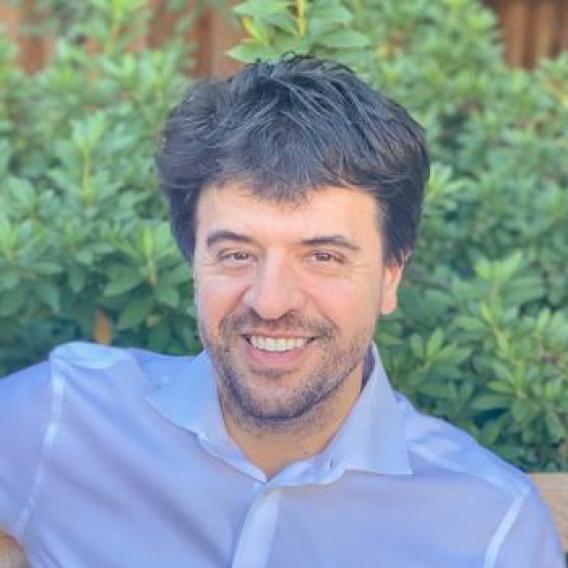Event Details:

Join the speaker for coffee, cookies, and conversation before the talk, starting at 11:45am.
Neural Mechanisms of Social Homeostasis
Abstract
How does our brain rapidly determine if something is good or bad? How do we know our place within a social group? How do we know how to behave appropriately in dynamic environments with ever-changing conditions?
The Tye Lab is interested in understanding how neural circuits important for driving positive and negative motivational valence (seeking pleasure or avoiding punishment) are anatomically, genetically and functionally arranged. We study the neural mechanisms that underlie a wide range of behaviors ranging from learned to innate, including social, feeding, reward-seeking and anxiety-related behaviors. We have also become interested in “social homeostasis”--how our brains establish a preferred set-point for social contact, and how this maintains stability within a social group. How are these circuits interconnected with one another, and how are competing mechanisms orchestrated on neural population level? We employ optogenetic, electrophysiological, electrochemical, pharmacological and imaging approaches to probe these circuits during behavior.
This seminar is co-presented by Psychiatry Grand Rounds | Department of Psychiatry and Behavioral Sciences
Kay Tye, Ph.D.
Salk Institute for Biological Studies
Kay M. Tye earned her bachelor's from MIT in 2003 majoring in Brain and Cognitive Sciences, and her PhD for thesis work with Patricia Janak at UCSF focusing on how the amygdala undergoes plasticity for reward learning, for which she was recognized with the Lindsley Prize and the Weintraub Award. She did her postdoctoral training with Karl Deisseroth at Stanford where she pioneered the use of projection-specific optogenetic manipulations, a mainstay of circuit neuroscience, and used this approach to dissect anxiety circuits in the amygdala. She started her own lab at the Massachusetts Institute of Technology (MIT) in 2012, and was awarded the New Innovator Award to investigate the neural circuit mechanisms of emotional valence. In 2016, Tye was the sole recipient of the Society for Neuroscience’s Young Investigator Award. In 2017, she won the NIH Director’s Pioneer Award to study social homeostasis, a conceptual framework she formalized in 2019. Tye moved her lab to the Salk Institute in 2019 and became Wylie Chair Professor of the Systems Neurobiology Laboratory, and became a Blavatnik Laureate and HHMI Investigator in 2021 and continues to investigate the neural bases of emotional valence and social homeostasis on the circuit, systems, and computational levels.
Importantly, Tye is most passionate about improving the health of academic culture in terms of serving as a mentor, as an advocate, and as an activist. Tye has been recognized with mentoring awards at the undergraduate, graduate, and postdoctoral levels. She has placed 13 former trainees into faculty positions leading their own independent research programs within academia, in addition to launching successful careers outside academia (5 of whom are women and 5 of whom are underrepresented minorities). Tye is committed to outreach and promoting diversity, equity, inclusion and accessibility by creating and supporting outreach programs, by being active with science communication (TED Talk, Scientific American, Nova), and by making systemic and infrastructural changes at the local and global levels.
Hosted by - Vinicius Corvalho, Ph.D. (The Shah Laboratory)
About the Wu Tsai Neurosciences Seminar Series
The Wu Tsai Neurosciences Institute seminar series brings together the Stanford neuroscience community to discuss cutting-edge, cross-disciplinary brain research, from biochemistry to behavior and beyond.
Topics include new discoveries in fundamental neurobiology; advances in human and translational neuroscience; insights from computational and theoretical neuroscience; and the development of novel research technologies and neuro-engineering breakthroughs.
Unless otherwise noted, seminars are held Thursdays at 12:00 noon PT.
About the Wu Tsai Neuro Seminar Series Sign up to learn about all our upcoming events
